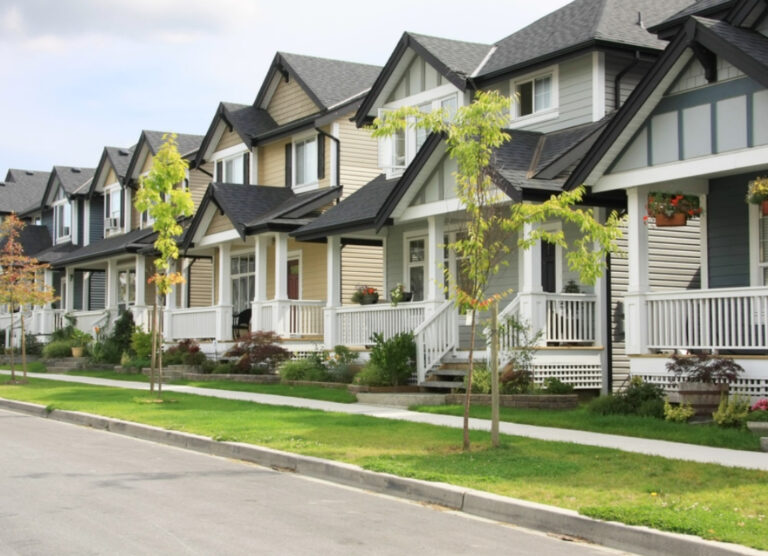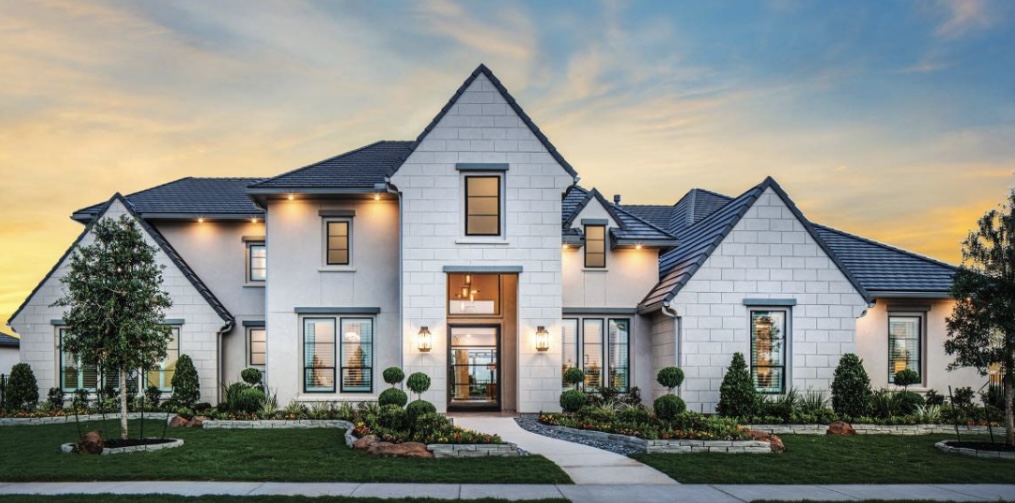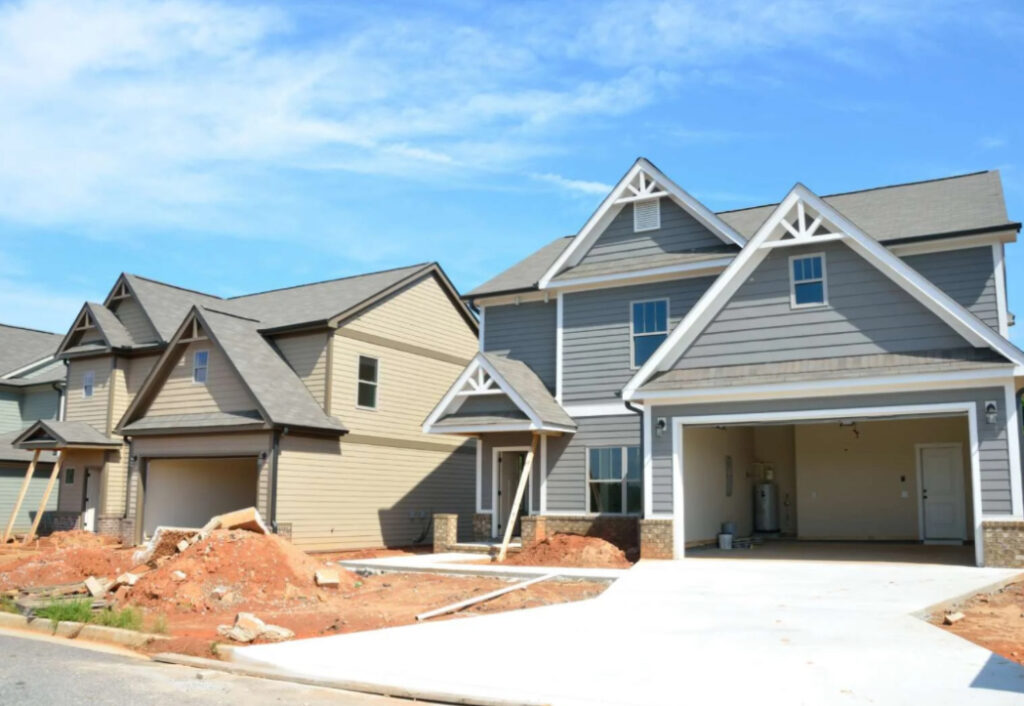Imagine standing on a bustling construction site, watching the foundation of your dream home take shape. It’s exciting—customizing every detail, seeing it built from the ground up. But here’s the catch: the builder you choose will make or break that dream. There are three types of builders you must understand before signing on the dotted line. Let’s break them down so you can move forward with confidence, not guesswork.

These are the assembly-line pros. Tract builders scoop up massive chunks of land, subdivide them into lots, and churn out hundreds of near-identical homes—think cookie-cutter suburbs. They’re fast, they’re affordable, and that’s the appeal. Prices are often entry-level, drawing in buyers looking to get a foot in the door.
But here’s the trade-off: the materials are decent but not top-tier, and attention to detail? Barely there. Want to tweak a floor plan or add a custom touch mid-build? Forget it—you get what they give. These homes are a solid starting point to build equity or flip into a rental later, but your dream home? Not quite. Rank: bottom of the list.

Next up, the boutique option. Custom builders are smaller-scale and hands-on, working closely with you to craft a home tailored to your vision. You’ve got land (or you’ll buy it), and you’re the boss—acting as the General Contractor. That means you’ll oversee the project, manage the budget, and hire the pros: subcontractors, designers, and an architect for those blueprints. (Pro tip: Check your local laws—some areas require you to be licensed as a GC.)
These builders execute what you design, often with higher-quality materials. They might even hook you up with trusted suppliers or an in-house architect if you’re starting from scratch. The catch? It’s time-intensive and pricey—most folks go over budget. Perfect if you crave total control and a one-of-a-kind home, but it’s not for the faint of heart.

The sweet spot for many, spec builders fund the whole show—land, materials, construction—using their own cash, betting on a profit when it sells. They’re selective, picking prime neighborhoods and lots, and they build with better materials than tract builders. Homes are often semi-custom, offering varied floor plans and noticeable craftsmanship.
The bonus? Jump in during pre-construction, and you can pick flooring, cabinets, countertops—custom vibes without the full custom hassle, all on the builder’s dime. Completion takes 6-8 months (weather permitting), and you get warranties—think 10 years on structure, 1-2 years on systems like plumbing or electrical. Less cost, less stress, and big appeal for buyers who want quality without micromanaging.
The Bottom Line
The Bottom Line
Choosing a builder isn’t just about the house—it’s about where you’re at in life. Tract builders suit tight budgets or starter homes. Custom builders are for dream-chasers with time and cash to spare. Spec builders strike a balance, offering quality and flexibility without breaking the bank. One thing’s universal: new construction prices are firm—don’t expect much wiggle room. (Suddenly, that resale home might look tempting!)
Armed with this, you’re not just buying a home—you’re making a power move with eyes wide open. Which builder fits your vibe? Drop your thoughts or experiences in the comments—I’d love to hear! Thanks for reading. I’m Orlando Scott, and I’ll catch you in the next one.
Orlando In The City
Minnesota & Florida
Dellwood Realty
763-516-6908
Minnesota 55121
I agree to be contacted by Your Dellwood Realty via call, email and text. To opt out, you can reply “stop” at any time or click the unsubscribe link in the emails. Message and data rates may apply.

